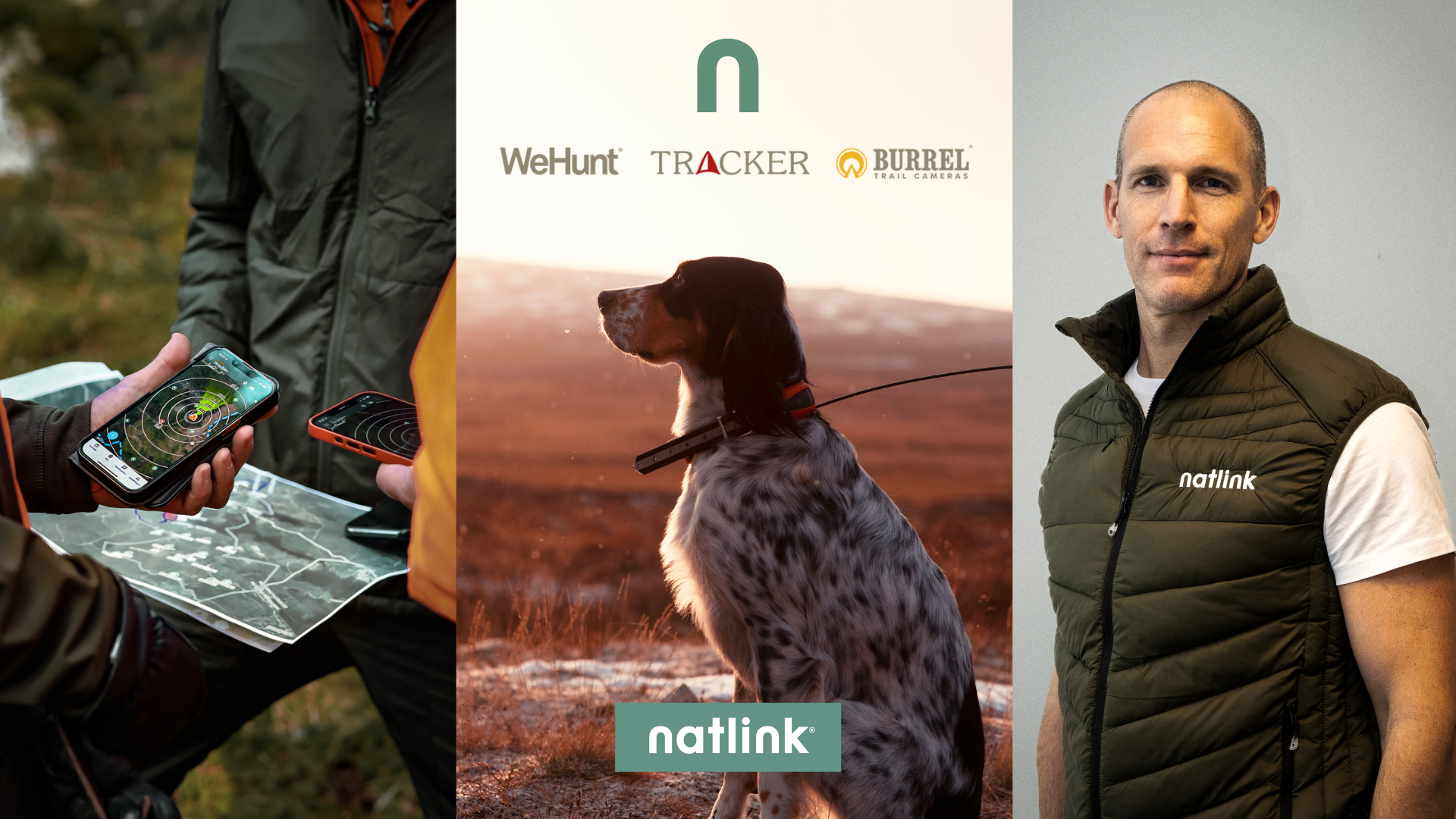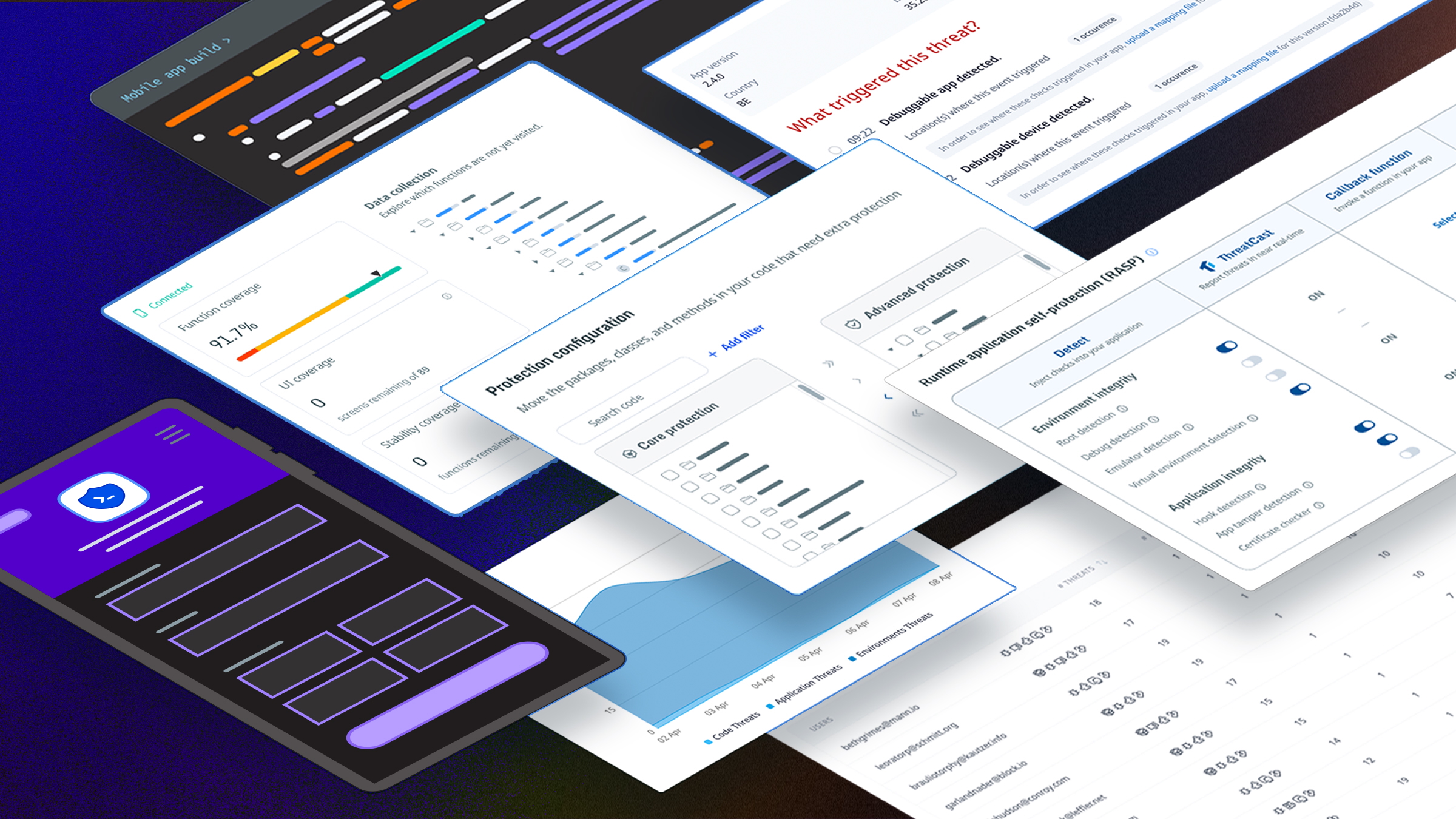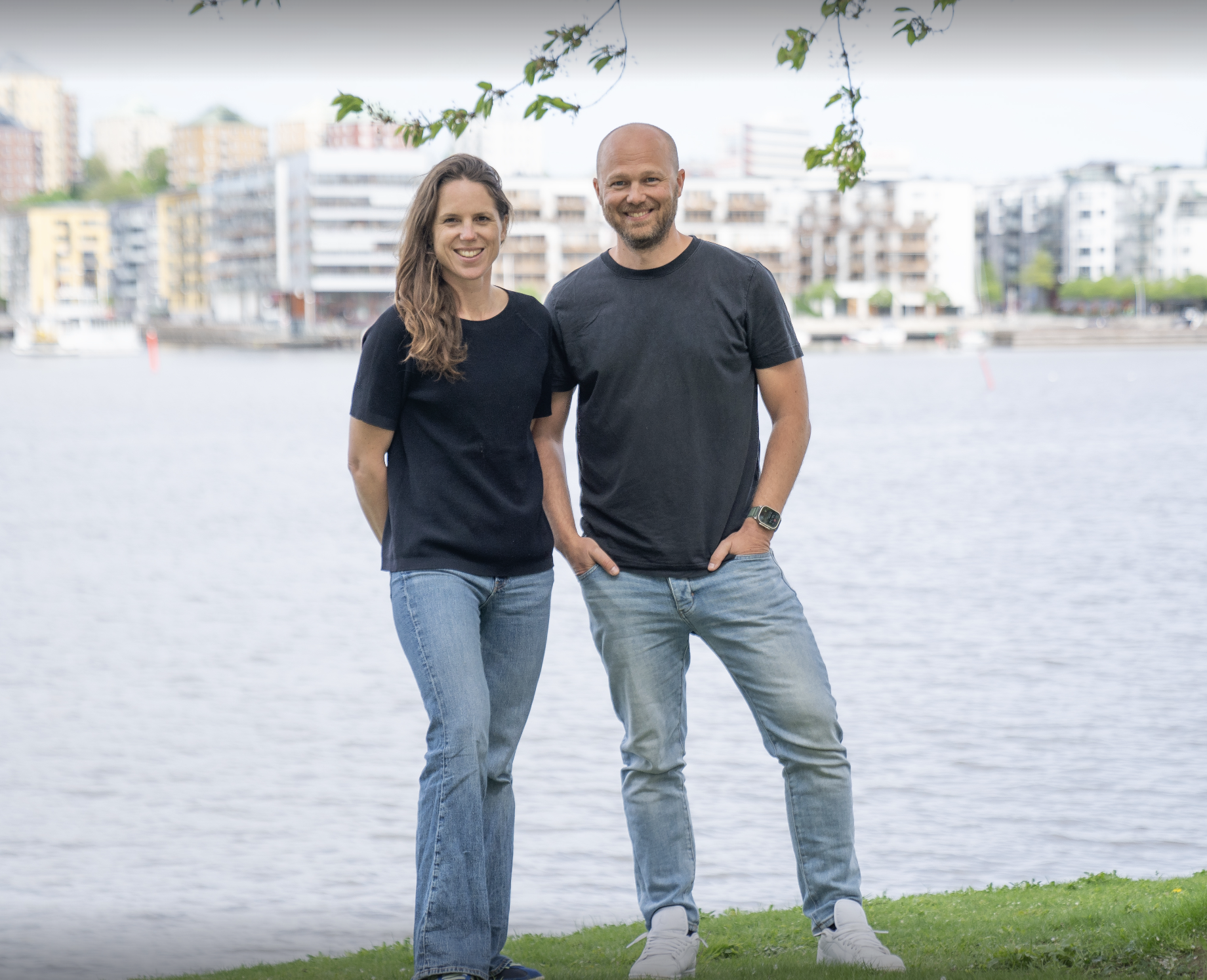How curious is your organisation? Have you given it a mandate to lean into change, even when that means risk of failure, to learn fast? And do you lean in, and learn, using data? Verdane’s Chief Digital Officer Øystein Sandnes shares three classifications of companies that we tend to encounter when performing tech due diligence – and his thoughts on how you can graduate from one to the next in order to drive investor interest.
Below are a few of my thoughts on how change, curiosity and data-driven decisions play into what we look at when getting to know potential Verdane companies.
Change
Change isn’t new, but digitalisation means we’re tearing through change at a pace never seen before. We now live in a world where maintaining relevance through continuous change has become second nature.
It does, however, place an enormous amount of pressure on people and processes to keep up – which in turn has an impact on the future value creation of a company. The way this pressure transforms into value creation then, naturally, depends on your company’s employees. Often – and correctly – referred to as your most important asset.
Curiosity
Time to celebrate curiosity! Once investors have drilled down through all the spreadsheets, deep dived into the codebase, paid the lawyers and invested weeks of time together with management on strategic workshops to align on a business plan, the remaining consideration boils down to the people in your organisation and how they are able to identify, analyse, assess and adapt to change.
In my experience, the red thread across organisations that do well in the face of change is curiosity.
As investors, we recognise that valuation models and business plans will never entirely align with reality. And that’s OK – as an active owner, a key part of our job is finding and nourishing exceptional management teams and providing them with the mandate and tools to drive positive change. For that to become a reality, you need curious people, who lean into the new with opens minds – and who, if they fail, are at a minimum enabled to fail fast. To help a curious organization make the most of available possibilities, a key tool on the way is good, clean data.
Data-driven organizations
If there is one thing I think signals easily identified value to an investor, it is smart, data-driven decisions made by curious and engaged people. If we then assume that we have the right people in place, what actually characterizes a data-driven organization?
Here are three possible categories of data-driven organisations I’ve come up with that, whilst not peer-reviewed in an academic business journal, are at least easy to remember:
- Data ignorant / purely gut feeling-based
- Most processes are performed as they always have been
- Leaders drone on about how things will be, but do so based on an understanding of the world as it was
- Although an ERP system exists, it has been gradually replaced with a spreadsheet dubbed “The Bible”
- Data capture capable – the new system to rule them all and “solve all problems”
- Some automatic data capture is in place, and the ERP system is filled up with fields that could be useful someday but, sadly, most of the fields remain empty
- The road here was paved with good intentions, but the data quality has dropped in reverse proportion to the implementation time of the new ERP
- Some processes have even dropped back into their old department silo and into the old spreadsheet “where they belong…”
- Leaders, consultants and implementation partners inform investors what endless possibilities lay in the ever-growing data lake, but the rest of the organization describes what something that seems to lie in between a data-ignorant and a data capture capable organization
- Data capable, with functional teams
- Data is captured, related and the team knows what influences data outcomes
- Data capture and visualisation isn’t exaggerated, meaning the organization captures and reports on what it needs to know to accelerate growth at a level that is cost/benefit rational and use-case defined. “Cost” here also takes into account the amount of work needed to feed data into the system.
About Verdane
Verdane is a specialist growth investment firm that partners with tech-enabled and sustainable European businesses. Verdane can invest as a minority or majority investor, either in single companies or through portfolios of companies, and looks to deploy inside two core growth themes; digitalisation and decarbonisation.
Verdane funds hold over €6 billion in total commitments and have made over 400 investments in fast-growing businesses since 2003. Verdane’s team of over 140 investment professionals and operating experts, based out of Berlin, Munich, Copenhagen, Helsinki, London, Oslo, and Stockholm, is dedicated to being the preferred growth partner to tech-enabled and sustainable businesses in Europe.
Verdane is also a certified B Corporation, the most ambitious sustainability accreditation globally. The firm only backs businesses that pass its 2040 test, which indicates whether the company can thrive in a more sustainable future economy.
Verdane is partly owned by the Verdane Foundation, which is focused on two areas: climate change and more equitable and inclusive local communities.
More info: www.verdane.com
Follow Verdane on LinkedIn










